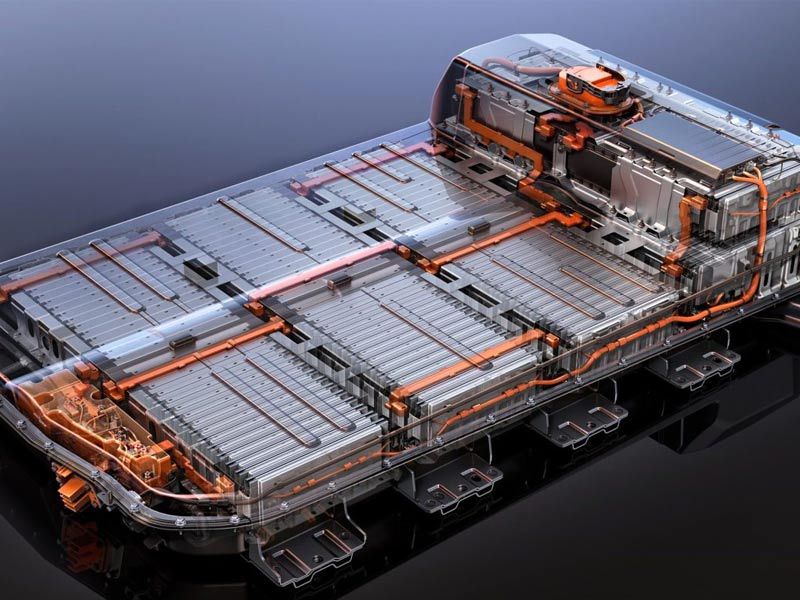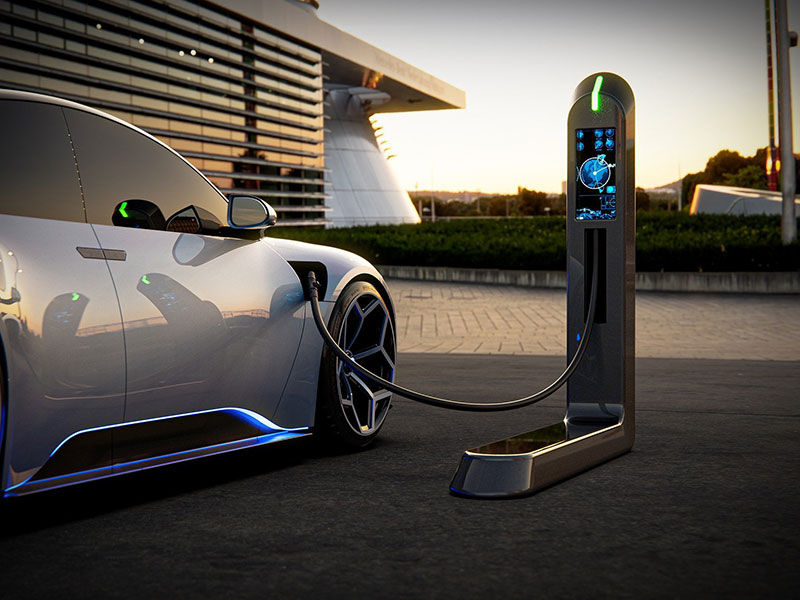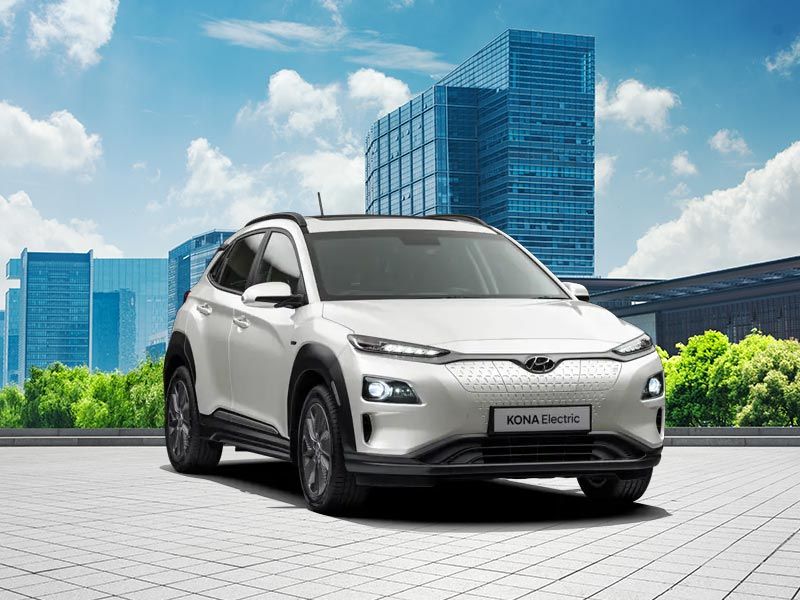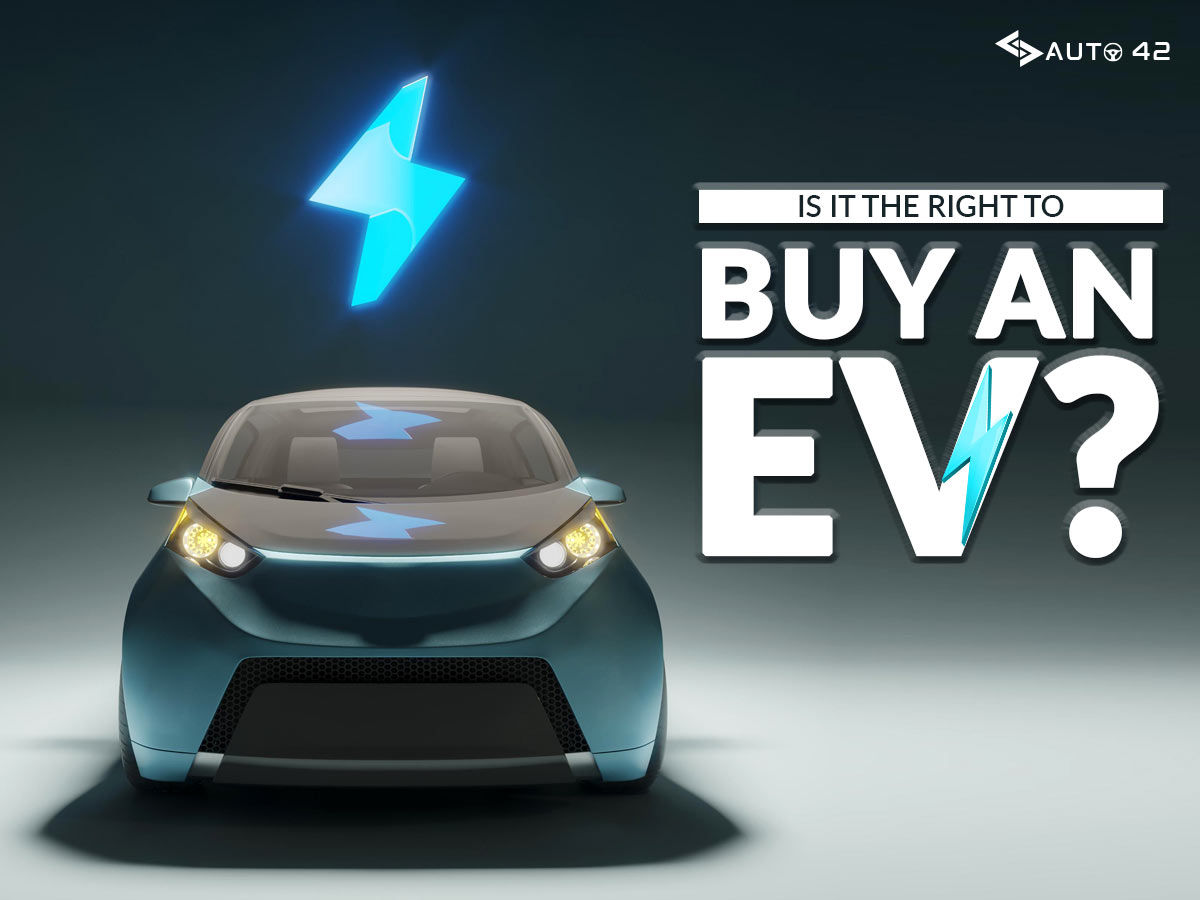Electric vehicles are now a prominent issue in the automobile business. New purchasers are favouring electric automobiles over conventional ICE vehicles. We’ve all heard that EVs will be the Kings in five years, but what about now? Is an electric car something you should think about if you’re in the market right now? Today, we’ll go over this in-depth and help you make the best decision!
Buying an electric car might be difficult due to the EVs’ complicated technical language. Before purchasing an eco-friendly vehicle, there are several variables to consider. Every element influences your decision, from the price of the automobile to the charging infrastructure. This essay will shed light on the factors you should consider before purchasing an electric vehicle.
Tax Breaks And Incentives from Electric Vehicle
The government’s incentives and tax breaks can help lower the total cost of electric automobiles. So, if you buy electric vehicle, make sure to double-check the exact proportion of incentives and tax breaks you’ll receive. The Government of India also provides various advantages, such as decreased service tax (GST), which lowers the cost of an electric vehicle.
The Driving Range of Electric Vehicle
One of the most important considerations when purchasing an electric car is the driving range. Don’t depend on the manufacturer’s stated driving range. Instead, seek real-world evaluations to understand the EV’s driving range in real-world settings. An electric automobile should typically have a driving range of more than 100 kilometres, which is suitable for regular commutes. High-end electric vehicles have a driving range of more than 400 kilometres.

Life of the Battery
One of the most crucial parts of an electric vehicle is the battery pack. At the same time, the battery is one of the most expensive components of an electric vehicle. Replacing an electric vehicle’s battery pack might dent your wallet. So, before purchasing an eco-friendly vehicle, always verify the battery life. The lesser the maintenance, the longer the life.
Options for Charging
An electric vehicle has various charging options, including rapid charging, regular charge, and slow charging. Fast-charging stations are expensive to establish, and there are probably just a few of them in your city. Standard and slow charging techniques are practical and may be deployed at home. Some EVs may also be charged using your home’s electrical socket. So, before purchasing an electric vehicle, look into the charging alternatives.

Usability in Practice
An electric automobile is not a practical vehicle, particularly in a developing country like India. It all comes down to your needs. How far do you travel in a day, and what is the electric vehicle range? If you live in a city and all you need is a car to get to work, it makes sense to acquire an EV. For others, an electric vehicle may not be a viable option. So, think about this before purchasing an EV.
Also Read, Used Electric Vehicle? Is it Worth buying a Used EV?
Used Electric Vehicle
If purchasing a brand new electric car is out of your price range, you may try purchasing a used one. Because EVs have few moving components, purchasing a secondhand electric car might be an excellent alternative. However, before purchasing a used EV, make sure to examine the remaining battery performance/warranty, the state of the electric motors, the condition of the tyres, charging alternatives, and the car’s mileage.
Power Consumption
To measure the efficiency of an electric vehicle when compared to a regular automobile, the quantity of power consumed by an EV must be considered. The cost of running an electric car is also determined by its energy usage. Electric automobiles often have relatively low operating costs compared to IC engine vehicles.
India is trying its best to create an economy for electric cars. We might see more electric charging stations in India by 2024. Till then, there are some questions you need to know about whether you feel it is the right time to buy electric vehicle
How stable is the electric vehicle system right now?
The system in India is not as strong as it is in Europe or North America. We don’t have enough charging stations and even fewer superchargers for people to use on road trips. Also, because Indian manufacturers have only recently begun producing Electric Vehicles, their dependability is a concern. We have seen a lot of owners facing large problems with the Nexon EV.

How much does an Electric Vehicle cost?
The majority of purchasers will move to electric for one primary reason: cost-effectiveness. As a result, electric vehicles must be inexpensive. A few Indian vehicles, such as the Nexon EV, Tigor EV, and a few more future EVs, are reasonably priced. However, these vehicles may have several faults with the software, batteries, range, etc. Higher-quality EVs, such as the Hyundai Kona and MG ZS-ev, are more expensive. Tesla also intends to debut the Model 3 in India; however, we don’t believe it will be in the ‘Affordable’ category based on the taxes.
Also Read, 9 Fastest Electric Cars that we have till Now in 2022
Who should think about EVs?

Currently, there are two sorts of purchasers that can seriously contemplate purchasing an EV. The first is the conscientious city driver. If you drive in the city, you should think about getting an electric car. You will always have access to a charger, and service centres will be nearby if something goes wrong. You can make brief highway trips, but I wouldn’t venture more than 100-120 kilometres outside of the city. The second category includes those who will not be utilising this car as their primary mode of transportation. Suppose you currently own a car that you use for lengthy travels. In that case, you can choose an electric vehicle as your secondary vehicle.
An EV will undoubtedly be less expensive to operate and own than a gasoline or diesel vehicle. When compared to ICE-powered vehicles, these are also exceptionally quiet and smooth. Will you purchase an electric vehicle right now? Tell us in the comments!

